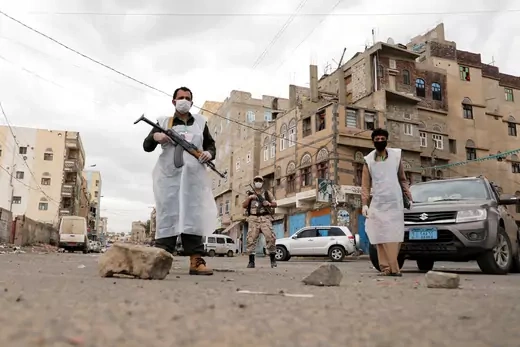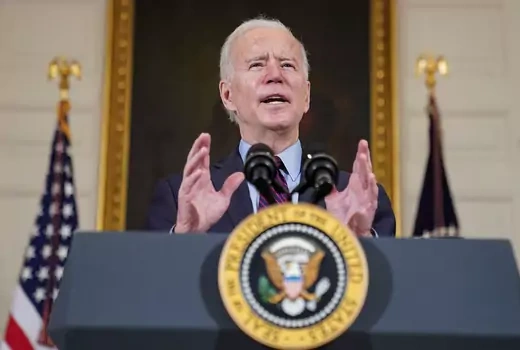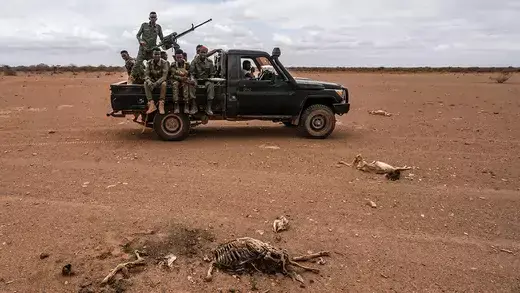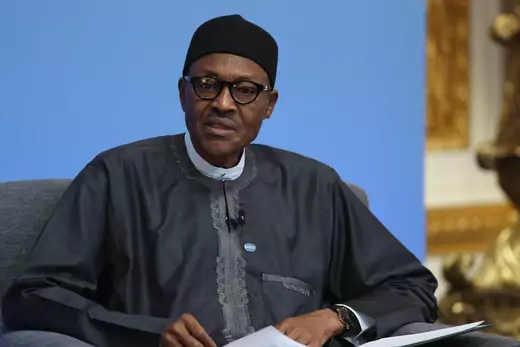- Iran
- Israel-Hamas
-
Topics
FeaturedIntroduction Over the last several decades, governments have collectively pledged to slow global warming. But despite intensified diplomacy, the world is already facing the consequences of climate…
-
Regions
FeaturedIntroduction Throughout its decades of independence, Myanmar has struggled with military rule, civil war, poor governance, and widespread poverty. A military coup in February 2021 dashed hopes for…
Backgrounder by Lindsay Maizland January 31, 2022
-
Explainers
FeaturedThis interactive examines how nationwide bans on menthol cigarettes and flavored cigars, as proposed by the Biden administration on April 28, 2022, could help shrink the racial gap on U.S. lung cancer death rates.
Interactive by Olivia Angelino, Thomas J. Bollyky, Elle Ruggiero and Isabella Turilli February 1, 2023 Global Health Program
-
Research & Analysis
Featured
Terrorism and Counterterrorism
Introduction There is a serious risk of extremist violence around the 2024 U.S. presidential election. Many of the same sources of instability and grievances that precipitated the January 6, 2021,…Contingency Planning Memorandum by Jacob Ware April 17, 2024 Center for Preventive Action
-
Communities
Featured
Webinar with Carolyn Kissane and Irina A. Faskianos April 12, 2023 Academic and Higher Education Webinars
-
Events
FeaturedJohn Kerry discusses his work as U.S. special presidential envoy for climate, the challenges the United States faces, and the Biden administration’s priorities as it continues to address climate chan…
Virtual Event with John F. Kerry and Michael Froman March 1, 2024
- Related Sites
- More
August 18, 2020
Conflict PreventionThe Center for Preventive Action has created this resource for those seeking information and analysis about the effects of COVID-19 on peace and conflict.

February 22, 2021
United StatesBiden's first major foreign policy address drew the curtain on the disastrous Trump era, emphasizing the nation’s strength at home determines its success abroad—and vice versa.

December 1, 2023
Climate ChangeIn Dubai, leaders should focus their attention on policy solutions for vulnerable regions where climate change is amplifying the consequences of armed conflict and compounding failures of governance…

January 19, 2021
Transition 2021When the United States and the world emerged from the Cold War 30 years ago, the watchword in foreign affairs was “change.” Now, on so many global fronts, the imperative goal is far more arresting: t…
February 24, 2022
NigeriaReleased last month, the 2021 Corruption Perception Index (CPI) confirmed what many Nigerians know intuitively—that a steady stream of official antigraft rhetoric has hardly made a dent on what many agree is the most formidable perennial challenge to the country’s long-term stability. President Buhari’s sentiment to the effect that “if Nigeria does not kill corruption, then corruption will kill Nigeria,” is widely shared. Not only is Nigeria down five places from its 2020 ranking, its total score of twenty-four out of a maximum one hundred points represents a drop for the third successive year, making it West Africa’s second most corrupt country. Guinea-Bissau, still reeling from a failed military takeover in early February, holds the dubious honor of being the most corrupt.

 Online Store
Online Store